Tag: C19th

Physiotherapy First
The phrase, “Physiotherapy First” could be interpreted as a call-to-action to prioritize physical treatments over pharmacotherapy and surgery. Use of the phrase is likely presumed to reflect the modern physiotherapy profession’s progression into primary care, the growing physiotherapy research base of high value care, and the concomitant confidence accompanying them. …
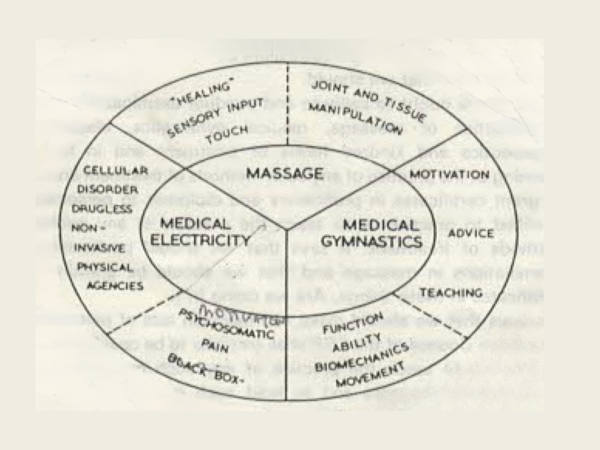
Physiotherapy is Handling: Then and Now
The seminal paper “Physiotherapy is Handling” was presented by Joyce Williams at the Chartered Society of Physiotherapy (CSP) Founders’ Lecture at the CSP Annual Congress in 1985 and was reproduced in the Physiotherapy Journal in February 1986 (Vol.72, no.2). Joyce’s biographical details current at the time of publication appear following …
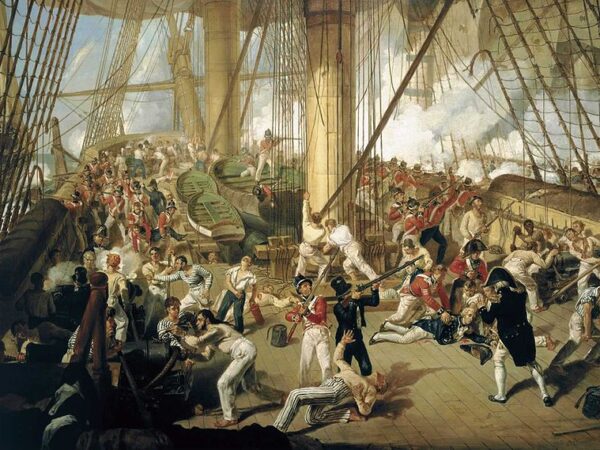
Britain’s Napoleonic Sailors and the Luxury of Physiotherapy
The physical therapies of massage, exercise, heat/ice, electricity, light, etc., have existed for thousands of years across all civilisations, but it was not until the 20th century that physiotherapy emerged as a significant and unique profession. In his latest article (available in Open Access) physiotherapy writer and researcher David Nicholls …
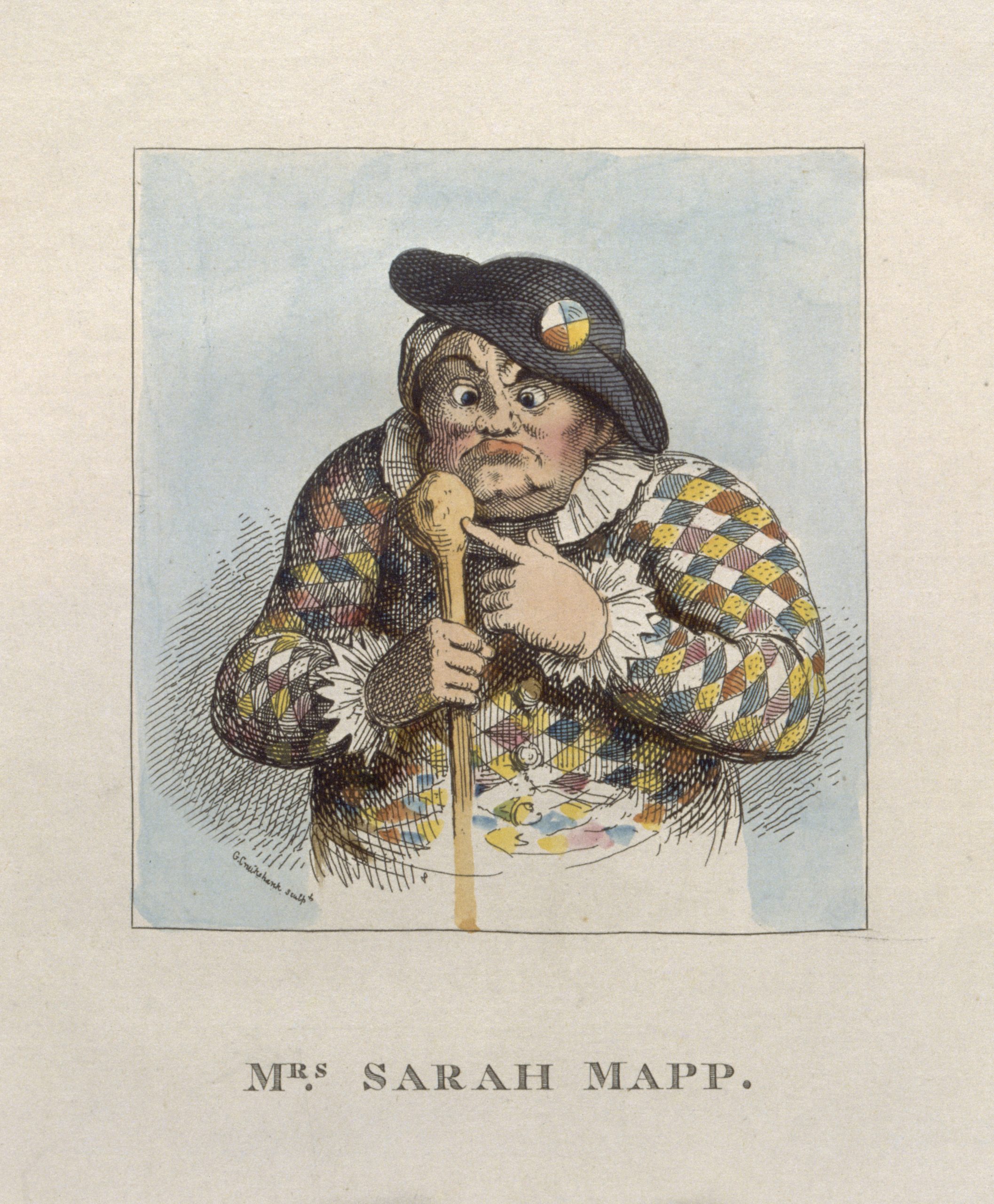
Manipulation – “Setting” the record “Straight”
Understanding the complex history of the manipulation in the physiotherapy profession requires a recognition of the role of traditional lay healers such as bonesetters have played. Here is a sampling which to some may be quite interesting: During the 18-19thcentury there was a considerable growth in the middle-class as industrialization …

‘No sale of drugs’ – the problem of quack medicine
When the Society of Trained Masseuses (now the Chartered Society of Physiotherapy) was formed in the UK in 1894, its founders set out a number of rules for professional practice1. Although the massage scandals in the summer of 18942 had highlighted the need for a professional masseuse, the founders of the …

Never the “Twain: shall met, or shall they?
Samuel Longhorne Clemens, or more famously known as Mark Twain, has a very interesting contribution to the historical development of manual therapy in the United States. A delicious irony exists in that his pen name (Mark Twain), refers to the point on a river chart where the troubled waters meet …

How an Anglo-Indian Man Made Australian Physiotherapy Great
Australia was the first country in the world to teach and examine all aspects of physiotherapy: exercise, massage and manipulation, and electrotherapy, in programmes aligned with universities. Early physiotherapists were not nurses, and men were as numerous as women. ‘Massage’ did not fairly describe the practitioners’ real knowledge and skills, …
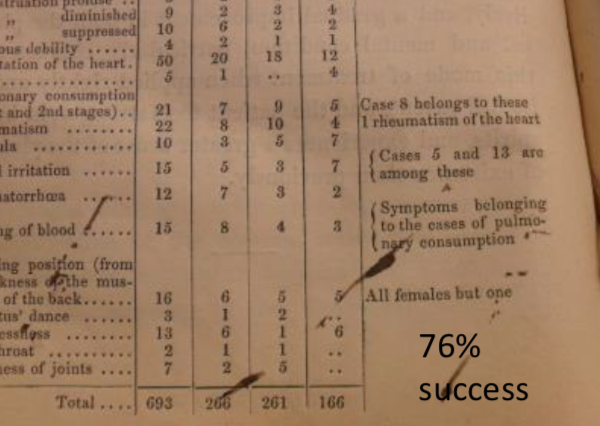
Recognising 200 years of international orthopaedic manipulative physical therapy
Following on from last week’s post on Kay Nias’s presentation on the history of massage, this week we have a pdf of some of Cameron MacDonald’s work on the history of orthopaedic manipulative physical therapy. For more information, contact Cameron here. Recognizing 200 years of International OMPT Practice pdf
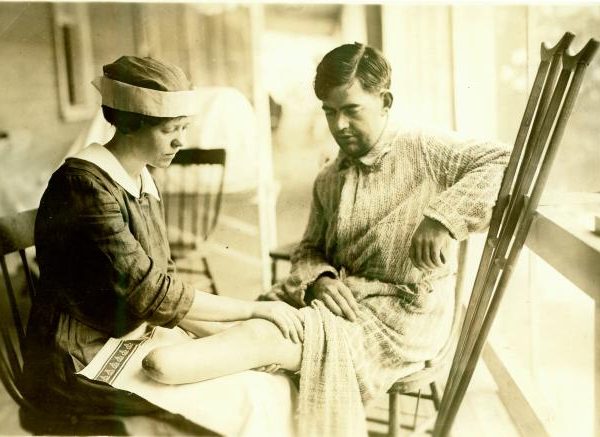
Massage and the history of physiotherapy
A few days ago, Kay Nias, Medicine Galleries Research Fellow at the Science Museum in London, gave a talk on massage and the history of physiotherapy (link). Kay was kind enough to share her slides with us and the text of her talk (see below). You can find more of …
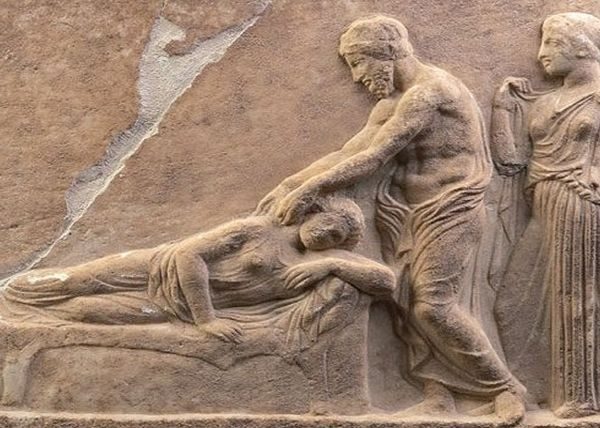
The history of manipulation
IPHA member Cameron MacDonald, along with Peter Osmothely, Robert Parkes and Darren Rivett have recently published an article in the Journal of Manual & Manipulative Therapy looking at the ongoing debate around the regulation of manipulative therapies in America. In the article, they take an historical approach to the question …
